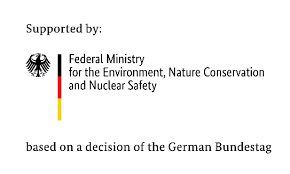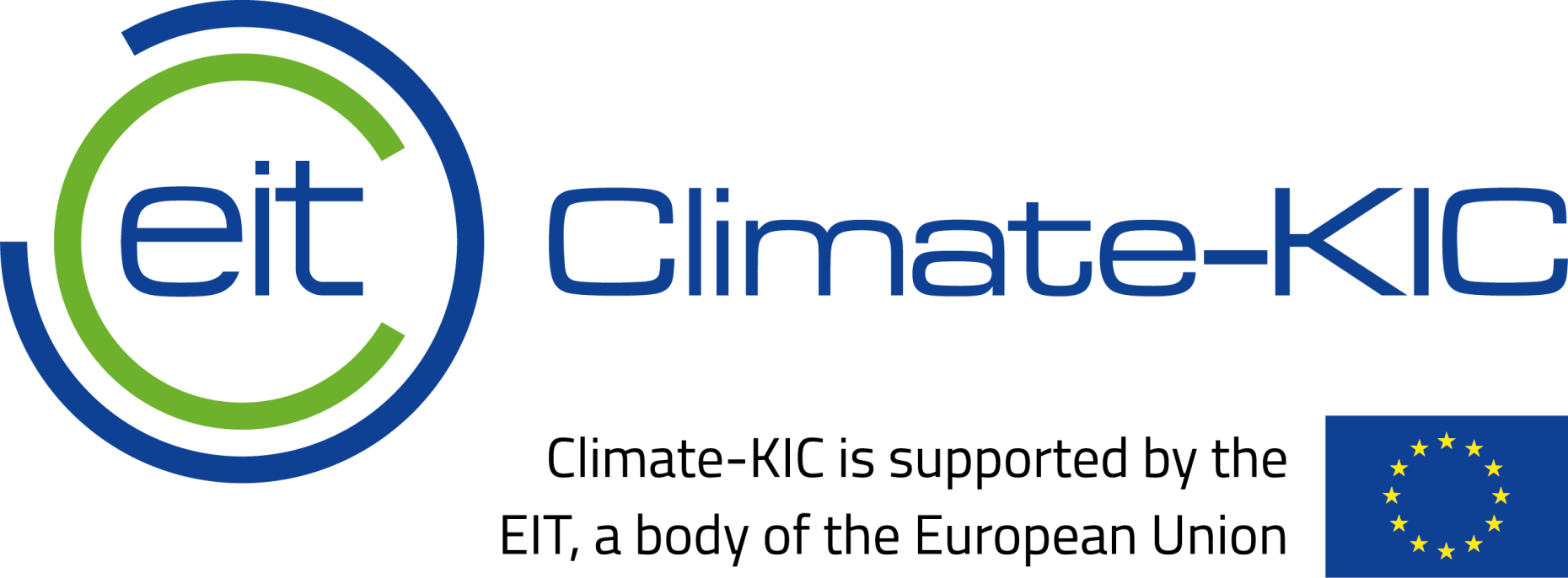- The program aims to integrate risks posed by climate change, ecosystem service & biodiversity loss, and the breakdown of social cohesion into financial processes and regulations
- It will focus on developing long-term risk metrics, designing risk management tools & frameworks, and building capacity for financial institutions and supervisors
Today, the non-profit think tank 2° Investing Initiative (2DII) launched a new research program that aims to integrate future risks and challenges, notably those related to climate change, ecosystem service loss, and social resilience, into financial processes and regulations. The program will act as host to 2DII’s research and partnerships with financial institutions, central banks, NGOs, academia, and financial policymakers on three key areas:
- Developing performance standards and metrics to define what is a ‘long-term investor’ and a ‘long-term bank’;
- Designing risk management tools and frameworks to quantify climate change-related risks and related issues, notably ecosystem service and biodiversity loss, and threats to social cohesion & resilience;
- Building capacity, policies, and incentives to help financial institutions and supervisors mitigate and adapt to future risks and challenges.
The program has a research budget of more than €1 million supported by the International Network for Sustainable Financial Policy Insights, Research and Exchange (INSPIRE), the German government, the ClimateWorks Foundation, and the European Commission, among others. 1in1000 will operate as a distinct research brand under the aegis of 2DII, similar to the PACTA / Climate Scenario Analysis Program and the Retail Investing Program’s MeinFairMögen / MyFairMoney resource site.
The program will continue to reflect 2DII’s independent, evidence-based research ethos, with a special focus on mobilizing technology and tools to reduce the transaction costs of “doing the right thing.” 1in1000’s upcoming research pipeline includes developing new approaches to allocating corporate climate costs to companies; the “fossil fuel subsidy” inherent in financial sector taxes; performance metrics to define the concept of a “long-term investor;” a framework for ex ante impact assessments of financial policies; and the first fully integrated climate stress-test scenarios covering physical, litigation, and transition risks.
Read the launch report here.
Visit the new 1in1000 website here.
More on the program
1in1000 brings together several new and existing research initiatives, including 2DII’s stress-testing work with financial supervisors, its “Tragedy of the Horizons” publication series on long-termism, and its policy analysis on incorporating future risks into private and government practices.
The program aims to address a critical gap in the financial and policy sectors, where short time horizons have prevented the integration of long-term risks into investment metrics, processes, and regulations. Its name represents three concepts: first, the challenge of dealing with improbable but potentially high-impact events, which are not incorporated into the 3–5-year time horizons that dominate financial decision-making. Second, the inevitability that these risks will materialize at some point in the future. And third, financial markets’ lack of capacity and resilience, which prevents them from delivering an adequate response when these events do occur.
Jakob Thomae, Managing Director (2DII Germany), said: “The impact of COVID-19 has shown us the substantial risks posed to global financial systems and society by failing to prepare for what we call ‘1in1000’ events. If anything, these risks will only proliferate in the future due to increasingly severe effects of climate change, biodiversity loss, and weakening democratic institutions. The 1in1000 program will thus fill a critical vacuum, developing metrics, tools, and capacity so that financial institutions and supervisors will be better prepared for challenges ahead.”
###
Funders’ information & disclaimer
The program is part of the International Climate Initiative (IKI). The Federal Ministry for the Environment, Nature Conservation and Nuclear Safety (BMU) supports this initiative on the basis of a decision adopted by the German Bundestag. This project has received funding from the European Union’s Life NGO program under Grant Numbers LIFE20 NGO/SGA/DE/200040 and LIFE19/NGO/SGA/DE/100040. This research has also been funded by the International Network for Sustainable Financial Policy Insights, Research and Exchange (INSPIRE). INSPIRE is a global research stakeholder of the Network for Greening the Financial System (NGFS); it is philanthropically funded through the ClimateWorks Foundation and co-hosted by ClimateWorks and the Grantham Research Institute on Climate Change and the Environment at the London School of Economics. This program has also received funding from EIT Climate-KIC.
The program’s work reflects only the authors’ views and the Agency and the Commission are not responsible for any use that may be made of the information it contains.







